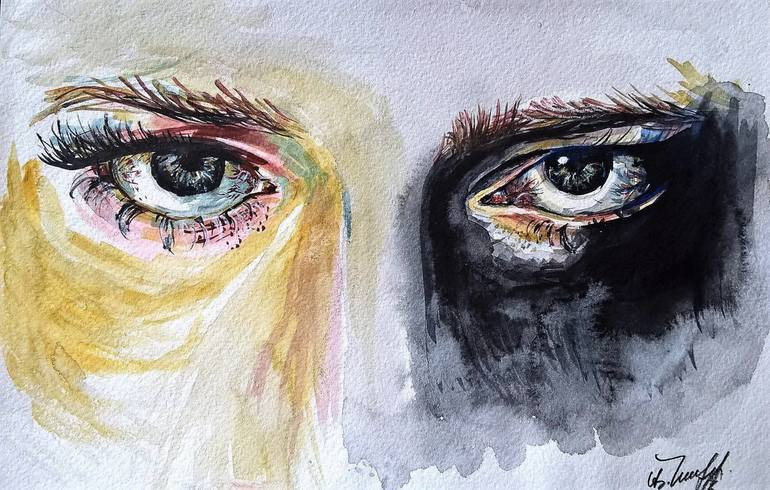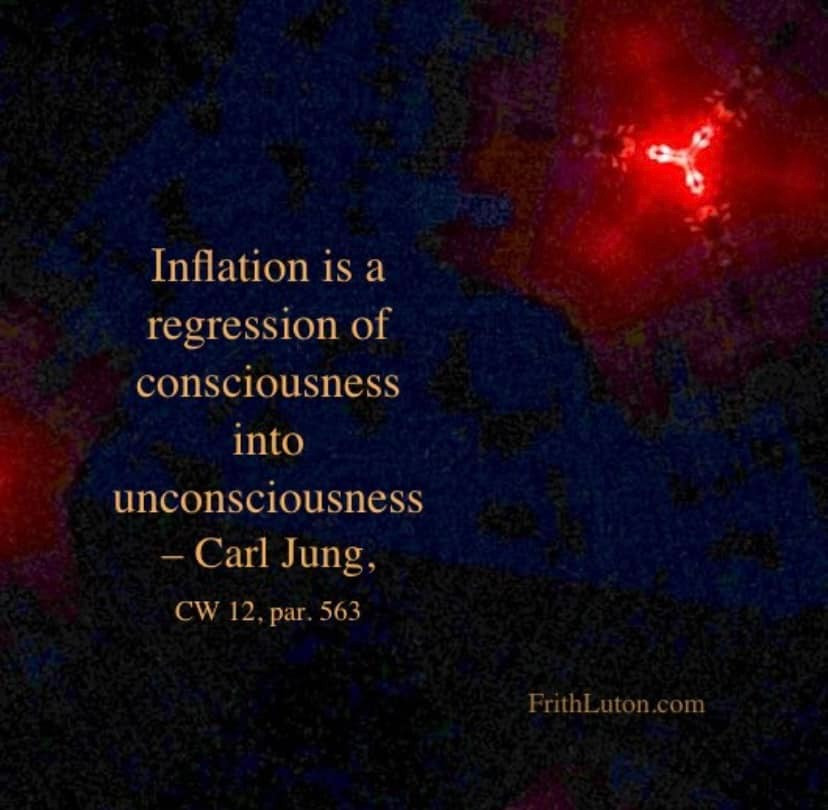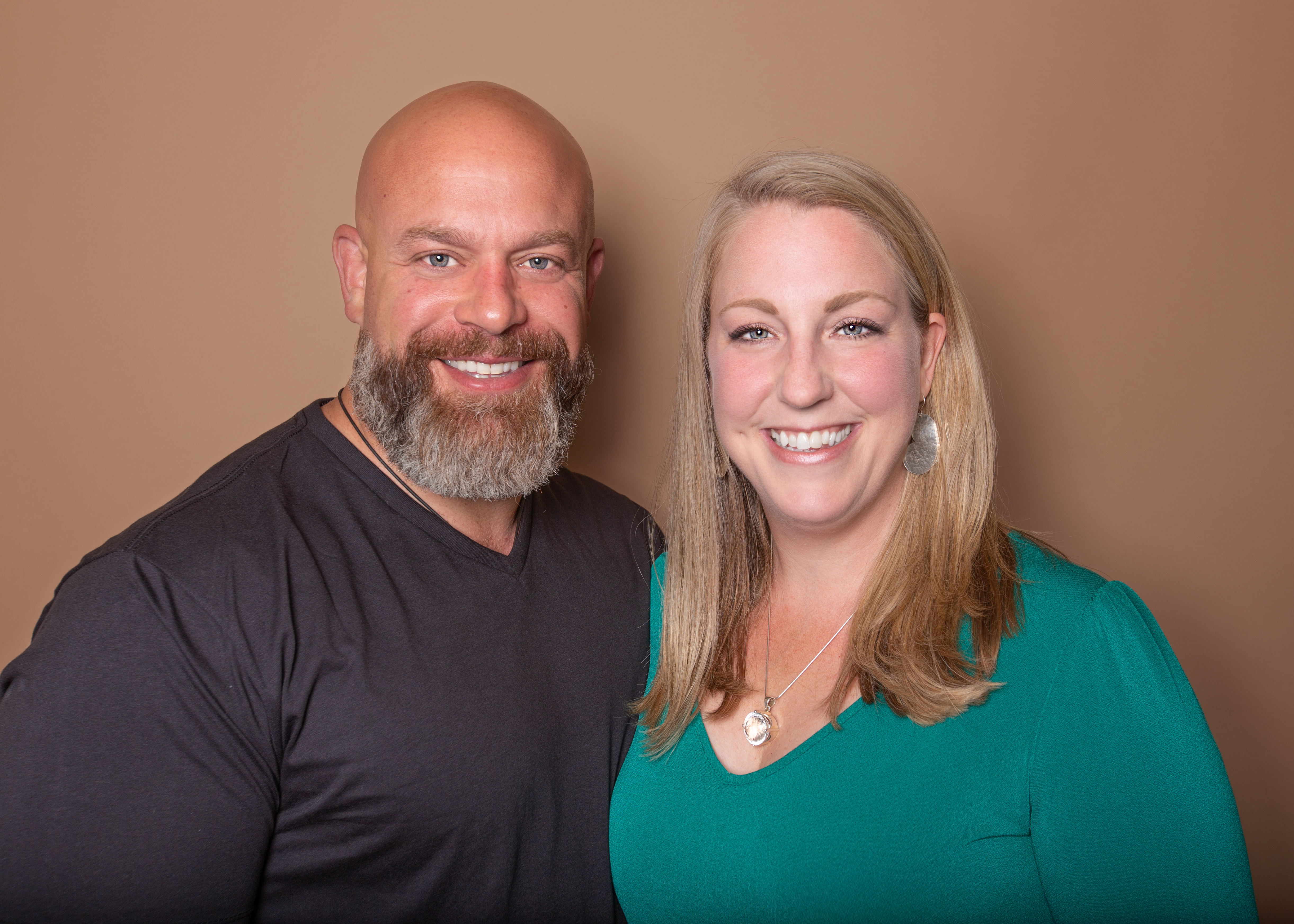
Infidelity is such a common issue that most of us have to face it in our lifetime, as the perpetrator, as the victim, or even as a bystander who is affected by the consequences of the relationship breakdown. In many cases, infidelity causes the end of the relationship, but sometimes forgiveness occurs and trust can be rebuilt to the point where the relationship can return to a healthy state. If trust is to be rebuilt, what is generally required is for the person who cheated to make conscious the reasons why they cheated, and for the victim to also become aware of how they participated in the dynamic.
Jungian or archetypal psychology offers a unique perspective on infidelity by exploring it within the framework of deep-seated psychological patterns and universal symbols. Carl Jung, the founder of Jungian psychology, theorized that the human psyche contains a collective unconscious shared by all individuals, filled with archetypes - universal symbols and themes that shape human experiences. When examining infidelity through this lens, several key concepts and ideas can be applied:
- The Shadow: In Jungian psychology, the shadow represents the hidden or repressed aspects of one's personality. Infidelity can be seen as an expression of the shadow, where a person may be acting out unacknowledged or suppressed desires, needs, or impulses. The act of infidelity could symbolize a need to explore aspects of oneself that have been neglected or denied. For example, if a woman’s sexuality has been repressed due to cultural norms or religious expectations, she may act out by finding a new partner with whom she fee;s she can be more of her full self.
- Anima and Animus: Jung proposed that every individual has both masculine and feminine aspects within their psyche. Infidelity might be viewed as an attempt to reconcile or integrate these inner aspects by seeking them in another person. The anima (the inner feminine aspect in men) or animus (the inner masculine aspect in women) could play a role in driving a person to seek qualities they feel are lacking in their current relationship. This is, of course, problematic because ideally we would be exploring these qualities within ourselves rather than seeking a new person to project them onto.
- Archetypal Figures: Jungian psychology also explores various archetypal figures, such as the Lover, the Seductress, and the Trickster. These archetypes may come into play in infidelity situations. For example, the Lover archetype may represent a longing for passion and intensity that is missing in one's primary relationship.
- Individuation: Jung believed that the ultimate goal of human development is individuation, the process of becoming one's true self. Infidelity may be seen as a manifestation of the individual's journey toward self-discovery. It could be an attempt to break free from societal expectations or to explore different facets of one's identity. If done unconsciously, however, it defeats the purpose as these facets remain suppressed and hidden in the secret relationship.
- Mythological and Symbolic Context: Jungian psychology often looks at personal experiences in the context of universal myths and symbols. Infidelity may be examined in the context of archetypal stories of betrayal, love triangles, or forbidden fruit, which can shed light on the deeper meaning and symbolism of the experience.
- Integration and Healing: From a Jungian perspective, addressing infidelity may involve delving into the underlying psychological dynamics and exploring how the experience can lead to personal growth and self-awareness. The process may require acknowledging and integrating the shadow aspects that contributed to the infidelity and working toward a more balanced and authentic self. This is not easy work, because the perpetrator tends to feel so much shame and self hatred over the violation that they will not disclose the affair to anyone who could help them. Also, the person who has been cheated on may be so attached to victimhood and being wronged that they will not be able to understand how they may have contributed to the communication breakdown that typically foreshadows affairs, nor find understanding and forgiveness of their partner or of themselves.
It's important to note that Jungian or archetypal psychology can simply provide a framework for understanding infidelity in a symbolic and psychological context, but this doesn't justify or excuse infidelity. It's just an opportunity to explore the deeper psychological roots and potential for personal transformation, either within the relationship or once the relationship has ended. Therapies informed by Jungian principles may help individuals and couples navigate the complex emotions and dynamics associated with infidelity and work toward healing and growth. Dreamwork, bodywork, talk therapy, and hypnotherapy are all modalities that can be very helpful for navigating the pain of infidelity, betrayal, guilt, and loss.
If you need support around this topic, please reach out and book an Emotional Clearing Session. We will treat your concerns with the sensitivity and privacy that you deserve.







1 Comment